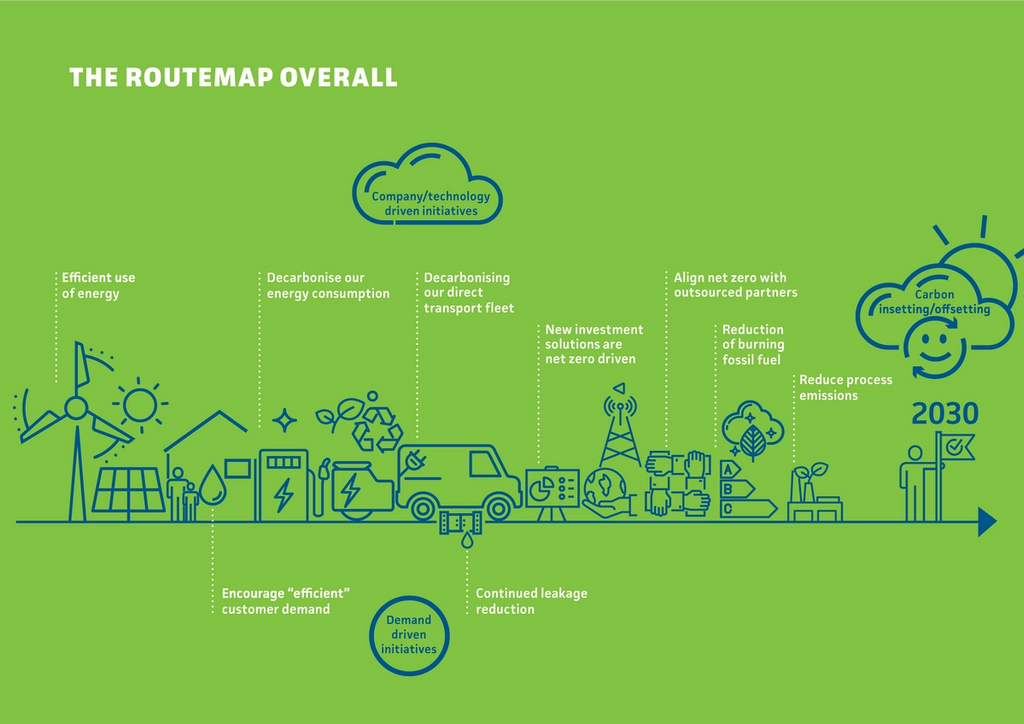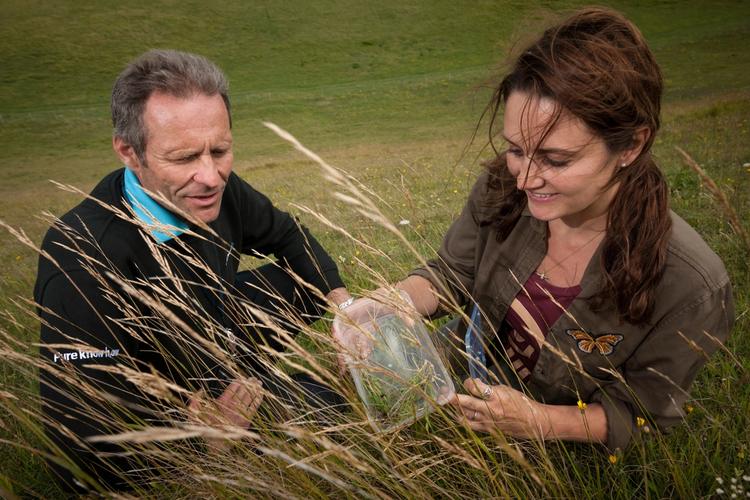Protecting the environment that we work in and abstract water from is a value that is embedded into the heart of our day-to-day operations. Setting out our routemap, being clear on our plans for our future and how we aim to reach our ambitious target also forms a critical part of our responsible business strategy and our 25 year environment plan.
Our routemap is a long-term commitment setting out how we plan to reach operational carbon net zero by 2030. This is a big commitment and it’s an important one. The work behind achieving this target is detailed and will involve every part of the business and the community we serve. So, we want to share our plans to achieving our target and how you can you can help.

We’ve already seen a big reduction in our CO2 emissions in the last five years. As a key part of our 2015 to 2020 investment programme, our operational carbon in tonnes has reduced by 38%, but we’re not stopping there.
We aim to achieve operational carbon net zero by increasing energy efficiency, using renewable sources, avoiding direct emissions, working with customers, investing in nature-based solutions and much more.
We can’t do this alone, so we’ll work with the community we serve along with energy experts and key stakeholders, including our partners and supply chain – together we’ll be able to achieve our ambition. We look forward to keeping you up to date with our progress and welcome any feedback on our plans.
Jargon buster
Operational carbon: The amount of carbon emitted during everyday operating activity and maintenance related to abstracting, treating and distributing water to our customers.
Capital carbon: Greenhouse gas emissions from the creation, refurbishment and end-of-life treatment of assets including buildings and infrastructure.
CO2e: Carbon dioxide equivalent. This is the standard unit for measuring carbon footprints.
Carbon offsetting: Our last resort option for carbon reduction. A method of reducing unavoidable carbon emissions by investing in a scheme that removes the equivalent carbon emissions from the atmosphere.

